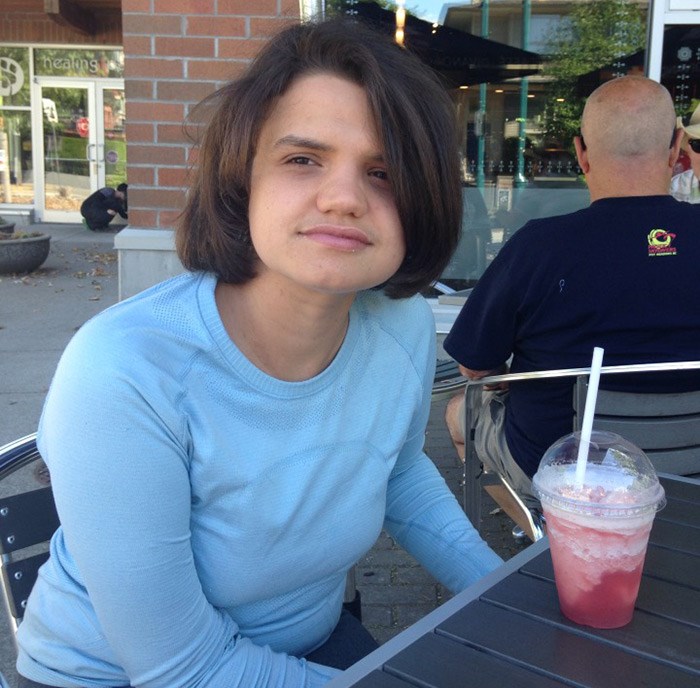
I am Allie, I am a 23-year old autistic woman who studies Psychology and Business at Douglas College. One day, I want to be an entrepreneur.
I was diagnosed with autism when I was 5 years old. Autism is a neurodevelopmental difference that affects the way one communicates and perceives the world. We may communicate differently, for example, some of us communicate by typing. I communicate by verbal communication, but I need communication to be very direct. I have difficulty understanding abstract communication and when people drop hints.
Many autistic people have intense interests called Special Interests. Special interests can be anything. A few of my special interests include but are not limited to cats, Hawaii and restaurants.
Unfortunately, it is a common misconception that autistic people’s special interest usually or always has something to do with technology. Many TV shows and movies portray an autistic person with an interest in computers and most articles on helping autistic people find jobs suggest the IT industry. However, though this is great for some people, others do not have an interest in computers. I think we are making progress in this area, but I wish more people would acknowledge the diverse special interests of autistic people.
Our special interests can change throughout our lives. For example, When I was eight or nine, I had a special interest in BC Ferries, but I do not have that interest anymore. More intense special interests do sometimes stick around, but special interests do often change.
I have found that my special interests have helped me cope. For example, sometimes when I am anxious, I will think about cats or the bands I am interested in at the time. I also find that if I have a special interest in a band, listening to their music helps me to calm down. For me, special interests have been very positive.
If you know autistic people, you will probably notice that many of us “stim”. Stimming is any repetitive behaviour. For example, many autistic people flap their hands or rock back and forth. There are many types of stimming and it can involve any of the senses. Some of my stims are squishing or squeezing objects, and rubbing my hair. Usually, stimming is not harmful, and everyone stims. Nail-biting and foot tapping are two common stims that non-autistic people (and autistic people) can have.
Stimming can be a form of sensation-seeking. Autistic people often are hyper-sensitive or hypo-sensitive to sensory input. Often, autistic people stim to self-regulate when we are experiencing intense emotions or sensory input we are hyper-sensitive to. Some autistic people also communicate by stimming. For some autistic people, hand-flapping is an expression of happiness. For me though, I usually stim to regulate anxiety or anger or to seek sensory input. Autistic people often experience the world more intensely (including emotions and senses) than non-autistic people. Therefore, we stim differently and more than non-autistic people do.
I understand that for non-autistic people, autistic people may sometimes be hard to understand. Our brains are wired differently than non-autistic people. Some of us will need support throughout our lives while some of us can become relatively independent, but what we really want is acceptance and understanding. I hope this article gave you some insight on understanding some of the common characteristics of autism.
- Allie
**********
This is the fourth in an ongoing Vancouver Is Awesome series written by people on the Autism spectrum. View the archive HERE.


